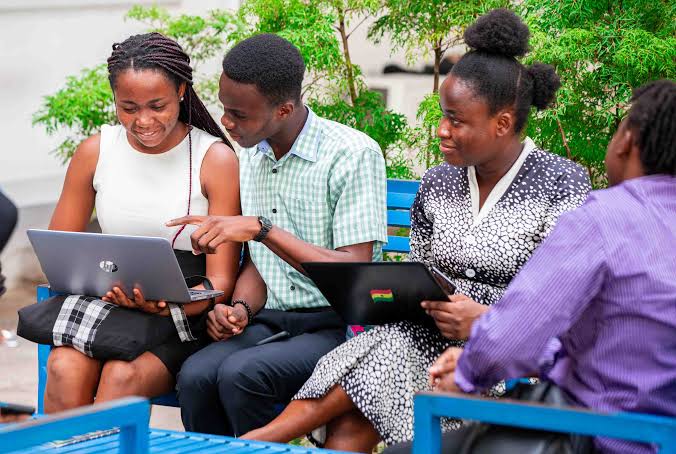The Impact of Social Relationships on Students’ Mental Health and Wellbeing

The Impact of Social Relationships on Students’ Mental Health and Wellbeing
Social relationships play a significant role in shaping students’ mental health and wellbeing. Positive relationships with peers, teachers, and family members can have a profound impact on a student’s emotional and psychological wellbeing. For instance, having supportive friends can help students feel connected, valued, and accepted, which can boost their self-esteem and confidence.
On the other hand, negative relationships or social isolation can have detrimental effects on mental health. Bullying, social exclusion, or lack of emotional support can lead to feelings of loneliness, anxiety, and depression. Students who experience social rejection or criticism may struggle with low self-esteem, self-doubt, and decreased motivation.
Moreover, social media can also influence students’ mental health. Cyberbullying, FOMO (fear of missing out), and curated online profiles can create unrealistic expectations and promote comparison. Students may feel pressure to present a perfect online image, which can lead to feelings of inadequacy and stress.
Teachers and educators can play a vital role in promoting positive social relationships and supporting students’ mental health. By fostering a supportive and inclusive learning environment, teachers can help students develop healthy relationships, build resilience, and manage stress.
Ultimately, nurturing positive social relationships is crucial for students’ mental health and wellbeing. By prioritizing emotional support, empathy, and inclusivity, we can help students thrive academically, socially, and emotionally.






